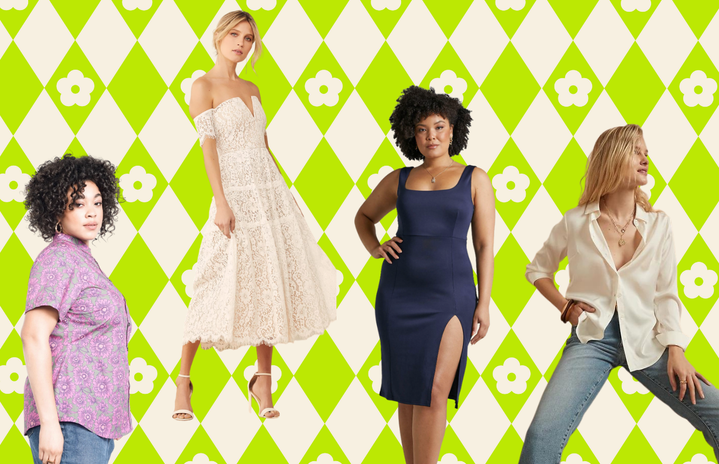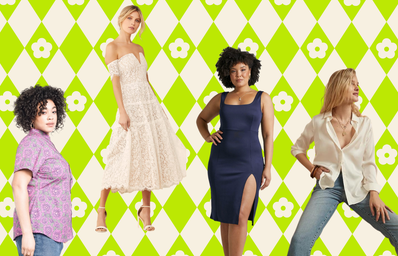“To do something right. You must do it twice. The first time instructs the second.” I came across the inspirational quote circa 2017 on Pinterest, and it stuck with me. This quote has never meant more than when I think about what fashion means. In a world that is caught up in the cyclical nature of consumerism, it is easy to assume that being fashionable means having multitudes of bags and an array of shoes in a walk-in closet.
But if practice makes one perfect, why is it different when it comes to clothes?
Here’s my take: It isn’t. Fashion is an art that is mastered. The art is the clothes, and the mastery is wearing them right.
Any practice is consistent and takes repeating the same motions or behaviors to perfect it. That is what fashion is in its essence. It is being familiar with the article of clothing you own and being able to envision it in various ways just like a tennis player is familiar with their strategy to catch their opponent off guard. There is an element of surprise and freshness in strategy and precision when it comes to fashion, so wearing an outfit twice can be, in a sense, new.
The matter at hand is that fashion is qualitative and not quantitative. One will never feel satisfied if they have a closet of shoes and bags that don’t speak to them or fit just right. By building a closet with a few pieces that can be interchangeably worn and sprinkling in accessories, wearing the same tank top can feel just like getting a brand new package delivered every week.
Fast fashion isn’t only a faux-fresh feel; it’s detrimental to the environment. According to Sustain Your Style, toxic dyes, wasted material and harmful textiles pollute the air and are poisonous to the underpaid workers consuming that air. Therefore, sustainable fashion isn’t only chic; it’s conscious. Investing in a few staple pieces or shopping second-hand can build your closet and moral compass, killing no birds with one stone.
This fast-paced and consumerist mentality perpetuates the mindset that people never have enough. This results in even more air and ocean pollution due to massive transportation operations and millions of shipping facilities that make it possible for you to get a $10 top overnight. According to EARTH.ORG, fast fashion companies generate more pollution than international aviation and shipping combined.
This isn’t to say that shopping sustainably has to be expensive. “Thrifting” or buying clothes from thrift stores, second-hand shops and donation centers all help slow the production of this harmful cycle. While finding pieces that make sense for your style can be difficult, thrifting allows you to think through the pieces you’re buying and, as a result, end up with a unique and curated wardrobe. If you love fashion, you want it to endure for ages. The only way to ensure the continuation of the fashion world, and the world itself, is to shop consciously. This means not supporting fast fashion brands like Dolls Kill, Shein, Fashion Nova, etc., minimizing the number of times you shop, and shopping second-hand. The good trade says that all of these efforts will work towards decreasing pollutants and the demand for workers who are underpaid and mistreated as fast fashion companies prioritize profit over workplace conditions amidst the breakneck pace of the fashion industry.

